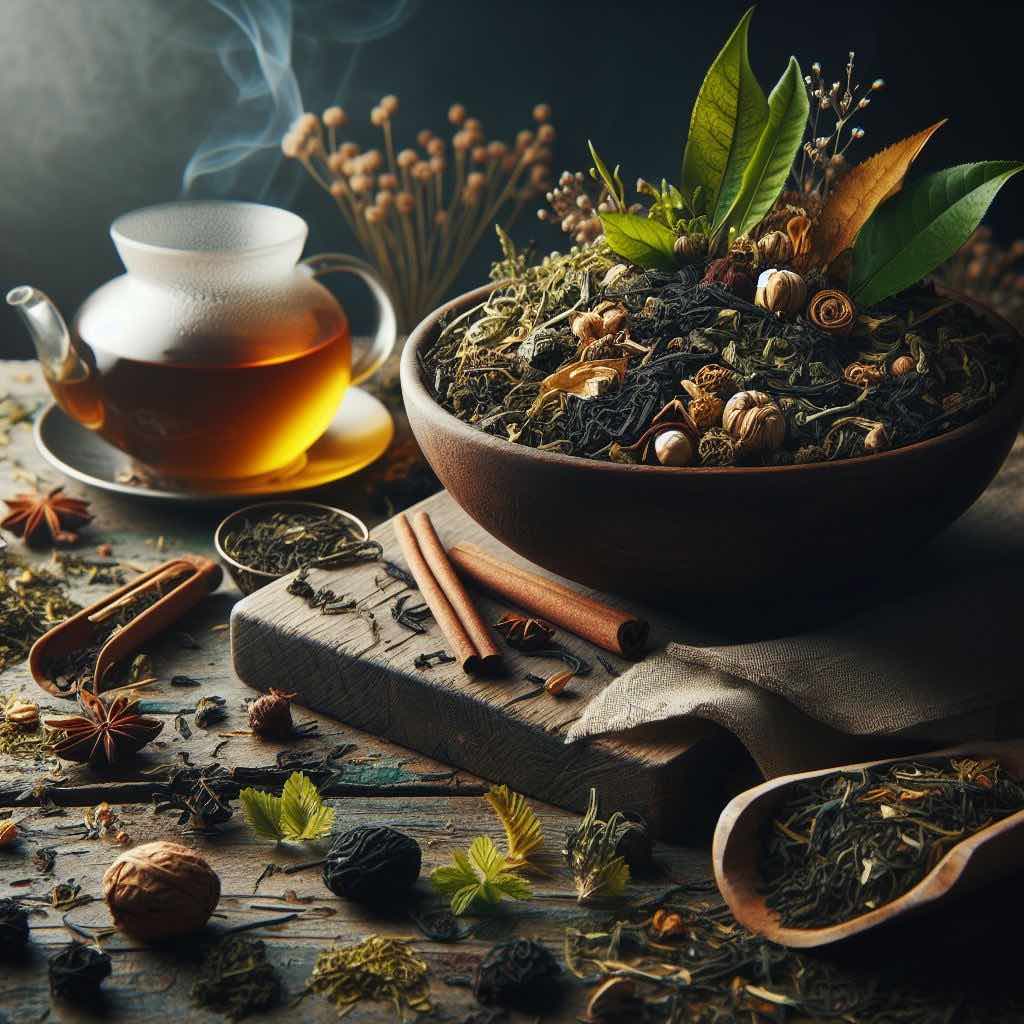Discover the Secrets of Kombucha
Une Boisson fermentée aux multiples bienfaits !
Written by Louis Falisse

Exclusive Interview with Dorothée Goffin and Gaëtan Richard: Exploring Kombucha and So Wood
Kombucha, the booming fermented beverage, intrigues as much as it delights. In this exclusive interview, Dorothée Goffin, Associate Professor at the University of Liège at Gembloux Agro-Bio Tech and Director of the Smart Gastronomy Lab, and Gaëtan Richard, Scientific Manager, unveil the secrets of this unique drink.
What is Kombucha?
Kombucha is a sweet tea that undergoes natural fermentation. This process gives it a distinctive acidity, setting it apart from other fermented beverages like beer or wine. According to Dorothée and Gaëtan, this acidity introduces a fresh dimension to the world of refreshing drinks.
The Role of the Smart Gastronomy Lab
Under Dorothée’s leadership, the Smart Gastronomy Lab supports companies in creating innovative, local, and sustainable food products. This cutting-edge lab transforms ideas into tangible products, such as kombucha, while meeting consumers’ evolving expectations.
A Healthy Alternative to Sodas
Gaëtan Richard highlights kombucha’s advantages over industrial sodas: it’s naturally produced using beneficial microorganisms, without artificial additives. The result? A healthy and flavorful drink that increasingly appeals to health-conscious consumers.
The Magic of Kombucha Brewing
Kombucha production combines black or green tea, sugar, starter liquid, and the all-important SCOBY (Symbiotic Culture of Bacteria and Yeast). This unique alchemy creates a beverage rich in antioxidants, vitamins, and beneficial compounds. With its reduced sugar content, kombucha stands out as a light, nutritious alternative to traditional sodas.
Origins and Meaning
The term “kombucha” has roots in the Chinese word cha (tea). Its exact history is debated—some link it to a Korean doctor named Kombu, while others associate it with the seaweed kombu, reminiscent of the SCOBY floating on the surface.
So Wood: Where Kombucha Meets Belgian Forest Flavors
At the Smart Gastronomy Lab, the team continuously experiments with new infusions. In collaboration with Louis Falisse, a young entrepreneur passionate about nature, they developed So Wood Kombucha. Infused with hawthorn, birch, and pine flavors, this kombucha offers a unique tasting experience inspired by the Belgian forests.

The Magic of Kombucha Brewing
The art of kombucha brewing is rooted in a simple yet fascinating process. It begins with a mixture of black or green tea, sugar, starter liquid, and most importantly, the SCOBY (Symbiotic Culture of Bacteria and Yeast). This unique fermentation process produces a beverage packed with antioxidants, vitamins, and beneficial compounds. With its lower sugar content, kombucha has become a nutritious and light alternative to traditional sodas.
Origins and Meaning
The word “kombucha” traces its roots to the Chinese word cha (tea). Its history is the subject of debate—some attribute it to a Korean doctor named Kombu, while others associate it with kombu, a type of seaweed resembling the SCOBY floating on the beverage’s surface.

Effervescent, Natural, and Tasting Tips
For a naturally sparkling kombucha, Gaëtan recommends a second fermentation in the bottle. Best enjoyed well chilled to preserve its aromas and nutrients, kombucha stands out for its refreshing qualities. However, it is not suited for hot consumption, as heat alters its delicate balance of flavors and benefits.
Conclusion
Far more than just a drink, kombucha represents a harmonious blend of tradition, innovation, and wellness. Thanks to the efforts of the Smart Gastronomy Lab and initiatives like So Wood, this remarkable beverage continues to evolve and surprise, offering a healthy and flavorful alternative for those seeking something new and exciting.
